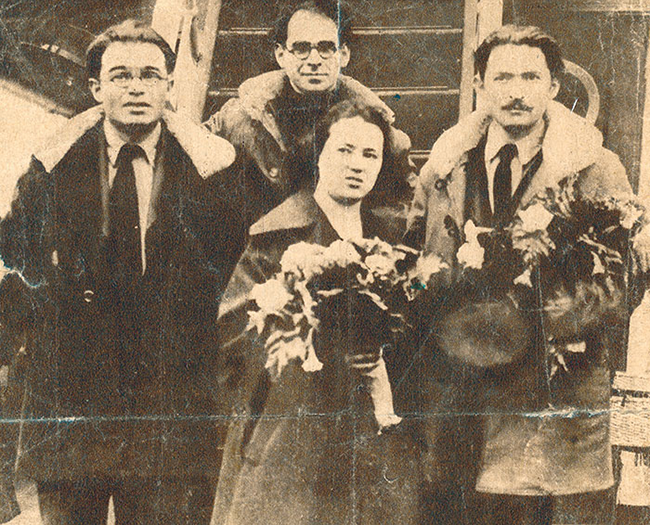Summary
In Abrams v. United States, a group of Russian immigrants had circulated leaflets criticizing the United States for sending troops to Eastern Europe after the Russian Revolution. The defendants were charged under the Sedition Act of 1918, which imposed harsh penalties for a wide range of dissenting speech, including speech insulting or abusing the U.S. government, the flag, the Constitution, or the military. The defendants were sentenced to twenty years in prison. The Supreme Court upheld these convictions—applying the “clear and present danger” test from Schenck v. United States, decided earlier that same year. Justice Oliver Wendell Holmes—the author of the Schenck decision—dissented, joined by Justice Louis Brandeis. In his famous Abrams dissent, Justice Holmes articulated his theory of the marketplace of ideas—arguing that robust free speech is important because it aids society in the discovery of truth.






